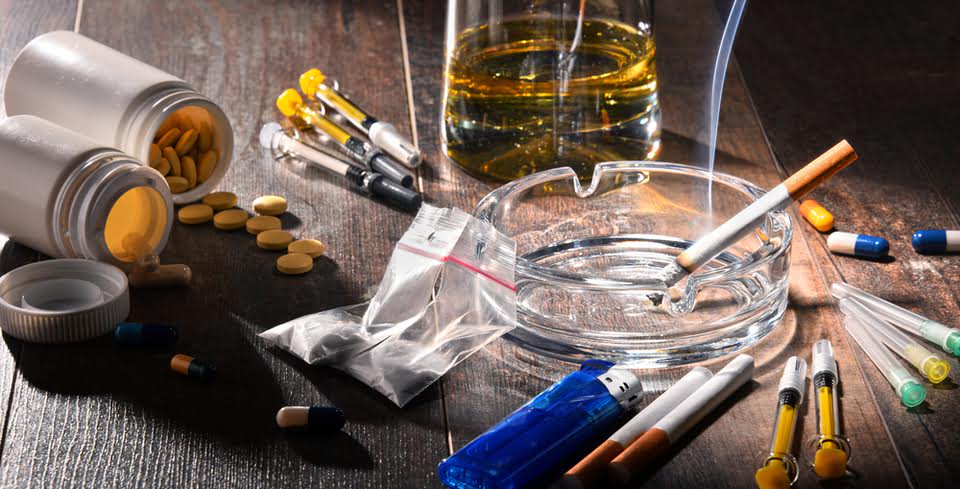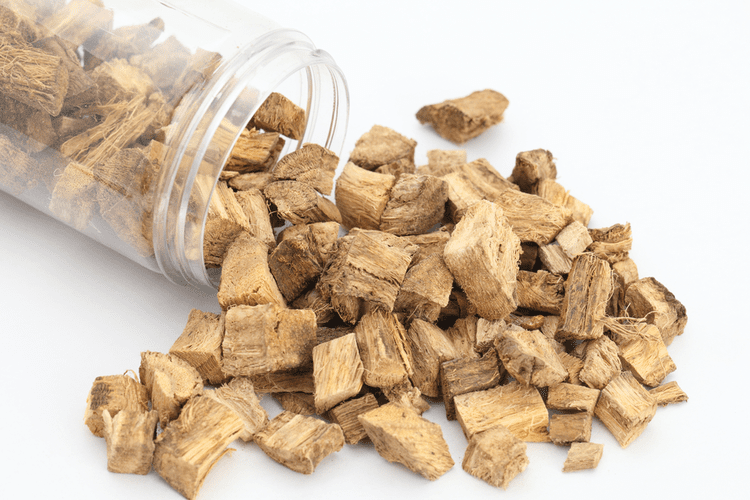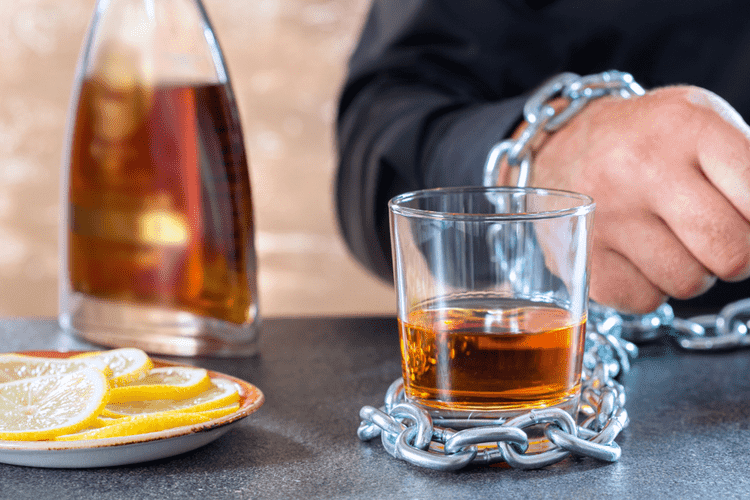Diabetes And Alcohol
Content
Doctors have long faced a paradox when advising their patients with type 2 diabetes on drinking alcohol. Moderate drinking has been shown to reduce the risk of heart disease, which would benefit people with diabetes who are at increased risk of the disease. Yet, people with diabetes have traditionally been advised to reduce their alcohol consumption to help better control their glucose levels. Type 1 and type 2 diabetes know how crucial it is to keep their blood sugar levels in check. Additionally, part of living a healthy lifestyle is to be acutely aware of how foods and beverages impact our bodies, especially when living with a health condition. Alcohol can have dramatic effects on blood sugar and liver function, which is why it’s important to understand how drinking interacts with certain health conditions like diabetes. While the impact of alcohol on diabetes is multi-faceted, we’ve compiled five key takeaways that people living with diabetes should know.
Some research says wine may help your body use insulin better and may even make you less likely to get type 2 diabetes in the first place. Moderation is the key as too much alcohol can cause hypoglycemia.
You may want to monitor your blood sugar the rest of the evening because alcohol’s effects can linger for hours. Insulin can intensify the medication’s effects on your blood sugar levels, causing severe low blood glucose levels. Combining the two can also interrupt insulin’s ability to help regulate blood sugar, causing it to rise to unhealthy levels.
It Contributes To Type 2 Diabetes And Weight
Blood sugar, also called blood glucose, is sugar that’s carried to the cells through the bloodstream. Blood sugar generally refers to the concentration of sugar in your blood at a specific time. In general, people with diabetes consume less alcohol than those without diabetes.
But know the carb count of what you are eating and work with your healthcare professional to determine how to take medication for that meal along with the alcohol you are consuming. A light beer can be a crisp, refreshing treat after a long day. Opt for light beer because it has fewer calories and carbs than regular.
- You don’t want to end up dehydrated, which can mess up your blood sugar levels.
- In general, people with diabetes consume less alcohol than those without diabetes.
- If you have diabetes, your body either can’t make enough insulin to function properly or can’t use insulin the right way.
- This is because the liver is where excess glucose is stored in a form called glycogen.
- If you have diabetes, however, your blood sugar levels may have to be specially managed.
- Those researchers also reported that diabetics who consumed more than eight standard drinks per week developed peripheral neuropathy faster than did diabetics who consumed eight or fewer drinks per week.
This article explains how alcohol affects blood sugar levels. It addresses some of the risks as well as some of the benefits of drinking alcohol when you have type 2 diabetes.
Whats The Safe Way To Drink?
Wear a diabetes ID to help people quickly identify that your blood sugar is low and provide you with the proper care. Your blood sugar should be at a safe level ( mg/dl) before you drink alcohol. If your blood sugar is less than 70 mg/dl and you take a glucose-lowering medication that can cause hypoglycemia, treat your low before you drink. The best way to learn how your body responds to alcohol is with frequent glucose checks. Insulin resistance does not immediately lead to overt diabetes, because the patient’s pancreatic beta cells initially can increase their insulin production enough to compensate for the insulin resistance. In fact, insulin-resistant people have higher than normal insulin levels (i.e., are hyperinsulinemic1). Ultimately, insulin secretion declines even further, to levels below those seen in nondiabetics .
One drink equals 12 ounces of beer, 5 ounces of wine, or 1 1/2 ounces spirits. The following cocktails limit carbohydrates naturally, so they can be part of a diabetic diet. Alcohol can worsen some of the complications of diabetes. It’s important to remember that drinking on an empty stomach may cause low blood glucose or hypoglycemia. This is particularly a risk for people who take oral medications or insulin. It prevents the liver from doing its job of regulating blood sugar and can also interact with some diabetes medications.
Mixed Drinks Per Serving
She holds a California Wine Appellation Specialist certificate from the San Francisco wine school and a Bar Smarts mixology certificate and bartends for charitable events. Dietitians only recommend sports drinks for endurance athletes, who may exercise strenuously enough to need salt and nutrient replacement. “Sports drinks are usually not necessary unless someone has been very active for over an hour,” Zanini says. Be aware that nondairy milk options, such as almond milk, may have added sweeteners and flavorings. They also often lack the blood-sugar-stabilizing protein of cow’s milk. Department of Agriculture , a cup of 1 percent milk (low-fat milk) also provides 305 milligrams of calcium, which accounts for about 23 percent of the daily value. Getting Past the Guilt of Type 2 See how one patient learned to manage her weight and diet.

It also provides guidelines for how to safely include alcohol in a type 2 diabetes diet . can diabetics drink alcohol It’s important, especially initially, to figure out how your body responds to alcohol.
How Resilience Can Help You Manage Diabetes And How To Build It
“If you become hypoglycemic and there is alcohol on your breath, police or paramedics may mistake your condition for being drunk and may not get the care you need,” says Roszler. Furthermore, the symptoms of hypoglycemia—confusion, dizziness, irritability, headache and fatigue—are very similar to the symptoms of intoxication, Smith and Dr. Fortner say. You can get an idea of where your BG is going at all times. It might be a good idea to have a trusted sober friend keep an eye on it while you are out, too. In times of uncertainty you need journalism you can trust.
Some alcoholic drinks are high in sugar and can have very negative impacts on blood sugars. When it comes to type 1 diabetes and alcohol and type 2 diabetes and alcohol, remember to only consume small to moderate amounts and choose low sugar options. In this article, we’re going to look at how alcohol affects blood sugar levels, when it can become especially dangerous, and how to drink alcohol safely as a person with diabetes. Avoid high-calorie and high-carbohydrate mixed drinks, such as margaritas and daiquiris. Don’t skip meals when you drink alcohol, particularly if you take a blood glucose-lowering medication that could cause hypoglycemia.
More liquor stores in Oakland are selling fresh produce, with help from Saba Grocers Initiative – The Oaklandside
More liquor stores in Oakland are selling fresh produce, with help from Saba Grocers Initiative.
Posted: Wed, 08 Dec 2021 01:50:34 GMT [source]
Alcohol competes with your liver’s ability to make glucose when your blood sugar is low. If you are on insulin or other anti-hyperglycemic medications, this can lead to dangerously low blood sugar up to 24 hours after you stop drinking.
Does Alcohol Affect Blood Sugar Levels In Diabetes?
But is the occasional cocktail or glass of wine really so bad? Here’s what you need to know about drinking and how to do it safely. Research suggests that coffee and tea — green tea in particular — may lower type 2 diabetes risk. Before you take your next sip, here are the top drinking dos and don’ts for people with diabetes. If your glucose drops to less than 70 milligrams per deciliter (mg/dL), you’ll need to down 15 grams of fast-acting carbohydrates. This could be three or four glucose tablets, 4 ounces of juice , or five pieces of hard candy . All alcohol contains about 7 calories per gram, which is more than carbohydrates and only slightly less than fat .

Abstinence from alcohol generally leads to normalization of the triglyceride levels, unless the person has an underlying genetic predisposition for hypertriglyceridemia. When it comes to blood sugar control, research shows a moderate amount of alcohol has minimal short- or long-term effects on blood sugar levels in people with type 1 or type 2 diabetes. However, drinking more than three drinks Sobriety per day over time has been shown to make glucose control a challenge. The mechanisms underlying the development of alcoholic ketoacidosis are complex. However, some typical contributing factors result in insulin lack and excess glucagon levels, thereby promoting the development of ketoacidosis. As mentioned earlier in this article, poor food intake can lead to depleted glycogen levels.
Whats The Relationship Between Alcohol And Diabetes?
“It’s best not to choose alcohol mixed with punches or soft drink mixers, such as Pepsi, Sprite, or Coke, daiquiris, margaritas, or sweetened liquors like Kahlua or Bailey’s Irish Cream,” said Swift. Regular beer and sweet wines are also higher in carbohydrates. “These drinks not only add carbohydrate, but excess calories from the added sugars,” she said. According to the CDC, moderate drinking is defined as two drinks or less per day for men, or one drink or less per day for women. The US Dietary Guidelines Advisory Committee recommends one drink or fewer per day for people of any gender.

If you’re at risk of hypoglycemia, make sure you carry glucose tablets, gel, or liquid. Hypoglycemia treatments such as juice or regular soda might be available where you are consuming alcohol, but it’s best to have treatments on hand. A couple of recent research studies have shown that adults with diabetes might see a slight improvement in their insulin sensitivity with moderate alcohol consumption. This means the body may make more efficient use of the insulin the pancreas continues to make.
Drinking alcohol in moderation has also been linked to a number of other health benefits, such as increasing the amount of good cholesterol in the blood. This may help lower the risk of heart disease, which you’re at greater risk for if you have type 2 diabetes. While alcohol can lower blood sugar levels, it also has the potential to increase them. Regular, long-term use of alcohol has been shown to increase insulin resistance. But even those who have type 2 diabetes who take medication may be vulnerable to hypoglycemia unawareness, even though their blood sugar levels are more likely to skew high than low.
The effects of alcohol can make it harder for you to detect symptoms of a low blood sugar. Drinking alcohol can lead to serious low blood sugar reactions, especially if you take insulin or types of diabetes pills that stimulate the release of insulin from the pancreas. Swap some alcoholic drinks for non-alcoholic, non-sugar drinks such as sugar-free frizzy drinks and/or sugar-free cordials such as lime/ passion fruit / cola tonic mixed with soda water.

Leave a Reply
Want to join the discussion?Feel free to contribute!